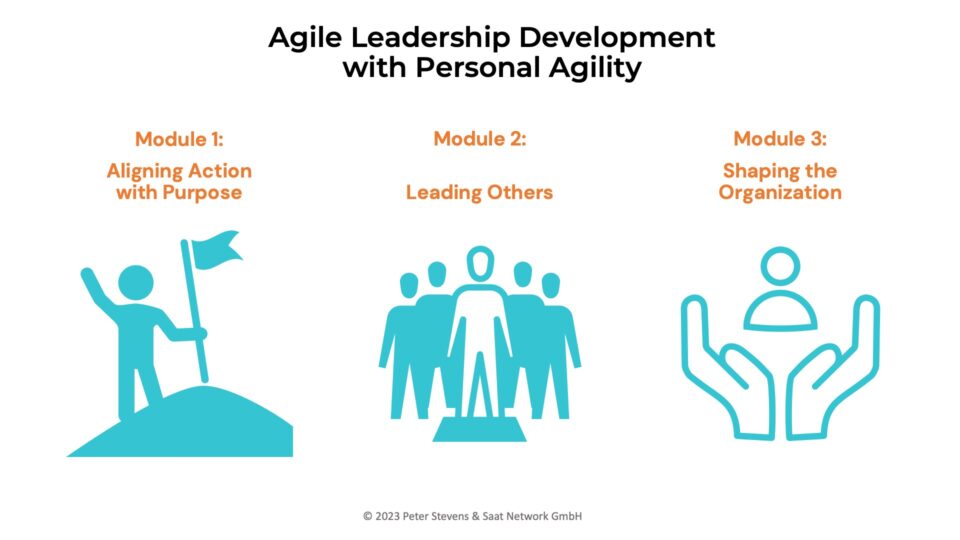
The Agile Contract Manifesto
08-02-2022
FAQ about the Agile Contracts Manifesto
05-03-2022“What does wearing a mask select for?” This provocative question led me to rethink my view on wearing masks. I was really surprised when I realized that it confirms my ideas on leadership. It’s not about defining a process, it’s about guiding emergence. I believe, with the right approach, we can lead COVID-19 into irrelevance. Let’s look at the implications of wearing a mask and then circle back to what it means for leadership.
At one level, it seems obvious that wearing a mask should be a good thing. It protects us and others by reducing the risk of infection. But what does it do to the virus? Have we been doing ourselves a favor by requiring masks everywhere?

If wearing a mask means that few instances of the virus make it to potentiality infect-able people, which versions of the virus are most likely to propagate? The most infectious variants, those that only need a little contact to infect. Faced with widespread mask usage, the logical result is a more infectious virus, which is exactly what we have seen with Omicron.
For similar reasons, widespread testing and isolation of infected individuals should encourage the COVID to evolve into a less virulent form. If it goes undetected, it can spread more easily, which is also what we are seeing with Omicron.
What does this mean for public policy? One reasonable goal would be to discourage the emergence of virulent strains. Another would be to encourage the development of harmless strains. Testing and isolating those who are infected will likely reduce the virulence of COVID. Ceasing the routine use of masks (except maybe in places of very high risk, like hospitals) will likely reduce the infectiousness. What else could we do to encourage COVID to evolve in a favorable direction?
What does this have to do with leadership or agility? It’s about emergence. We cannot control a complex system. But we can shape interactions to lead to desirable results. Let’s call it “defining rules of the road.”





